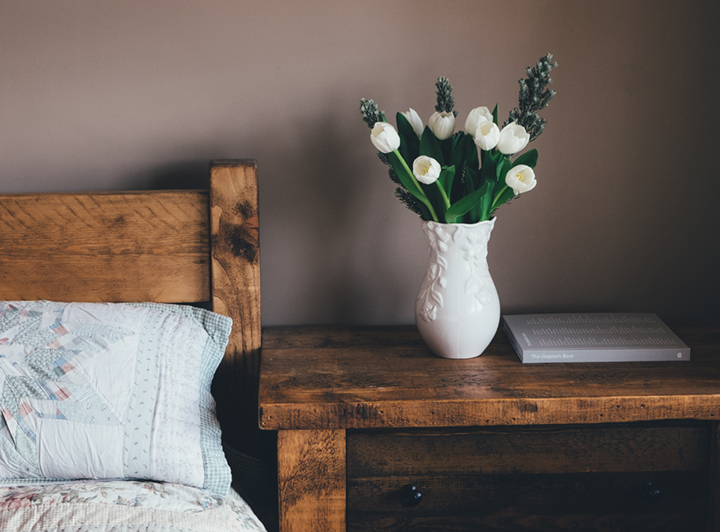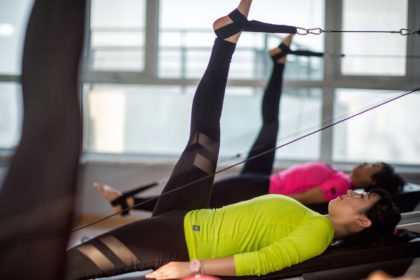
People of all age groups suffer from sleep issues, but the unfortunate fact for seniors is that the aging process can exacerbate these issues. If you are having trouble falling or staying asleep, or you are waking up feeling tired and restless, there is hope. Here are some easy, inexpensive things you can do right now to improve your sleep quality.
Sleep as Comfortably as Possible
It’s harder to sleep when you’re too hot, too cold, or wrapped up in bedding or sleepwear that isn’t comfortable. Redoing your bedding and your sleepwear collection doesn’t have to break the bank. And installing a ceiling fan, portable air conditioning unit, or heater isn’t that bad either. It’s worth it if it helps you get a good night’s sleep. This can all be done relatively quickly and inexpensively if you check for coupons and promo codes for major retailers.
Start a Fitness Routine
“But I’m trying to sleep,” you may say. While you may want to take it easy in the hours before you hit the hay, getting outside and getting some exercise (even mild exercise like walking) can drastically improve your sleep quality. Even walking indoors at the mall or a museum works if the weather isn’t accommodating. Studies have shown that moderate exercise makes it easier to fall asleep and improves the rejuvenative effects of sleep in general. Don’t overdo it — too much exercise can negatively affect sleep. But 30 to 45 minutes per day of walking should do the trick for seniors — and it’s totally free!
Another idea is to learn T’ai Chi Chih, a mindful moving meditation, which can help with insomnia, reduce stress, and improve your overall health. Accredited instructor Dr. Bella Box can get you started!
Eat Poultry and Take a Multivitamin With Sleep-Inducing Ingredients
While the commonly held thought that turkey and chicken makes you immediately fall asleep on Thanksgiving is largely a myth (it’s mostly just the quantity of food consumed), there is science to back up the idea that foods high in tryptophan like poultry (as well as cheeses and nuts) can aid in better sleep. As the American Sleep Association notes, “tryptophan is an amino acid that you can only get from what you eat/drink. It helps your body make serotonin (a relaxing mood hormone) which then helps your body make melatonin (a hormone that controls sleep cycles).”
There are several vitamins and minerals that can help you sleep better, including iron, potassium, magnesium, calcium, and vitamins E and B. To make sure you’re getting enough of these ingredients in your diet, you’re best off taking a multivitamin. Many multivitamins are reasonably priced, and they can also improve your immune system and bone health.
Skip the Midday Nap
It makes logical sense that napping throughout the day might make it harder to fall asleep (and stay that way) at night. There is some scientific data to back this up. Studies have shown that instances of fragmented nighttime sleep have been associated with daytime nap frequency — especially in older adults.
Make Your Bedroom a Sleep-Only Zone
What’s in your bedroom? What do you do in your bedroom? Start working on making the answers to those questions “my bed” and “sleep.” Sleep research is increasingly finding that the more we do in our bedrooms that isn’t sleep is negatively affecting us. We know that looking at a smartphone, tablet, or laptop computer before we fall asleep is bad for business.
If you have problems sleeping, you should extend this to mean you should eliminate all non-sleep distractions from the bedroom. Create a more positive space by organizing and decluttering. Take out the TV. Don’t do any work there. Once you train your brain to think that the bedroom is for sleeping and sleeping only, it’ll be easier to make it so.
Getting enough quality sleep can have a cascading positive physical and mental effect, especially for seniors. Extreme sleep problems should be addressed by your doctor, but there are things you can do — right now — to start yourself down the pathway to better sleep. The good news is that most of them are easy and inexpensive (often free!).




